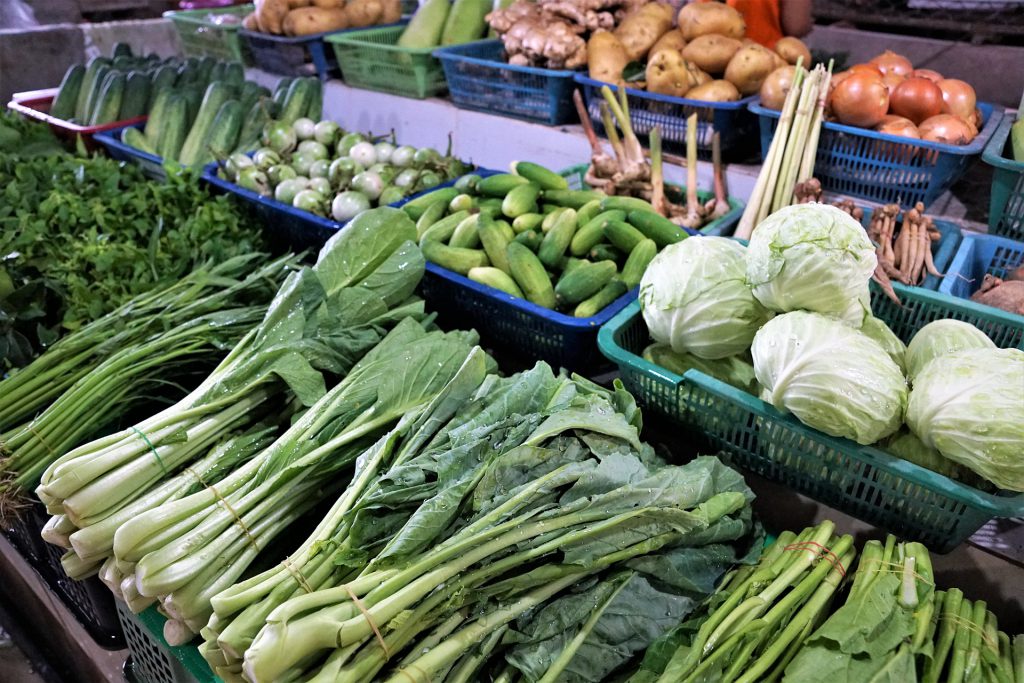Associate professor of horticulture at University College Dublin (UCD), Dr. Owen Doyle, has said that high input costs are causing “major problems” in terms of the viability of horticultural businesses.
The high costs of fertiliser and other inputs including fuel and energy have caused major issues for the horticulture sector, specifically the glasshouse sector which has more energy consumption than the rest of the industry.
Doyle, who is also a chartered horticulturalist, said the energy prices will cause supply issues, which are already being seen in some supermarkets.
“I know that some of the larger producers here in Ireland are having big difficulties in terms of the sustainability of crop production,” he told Agriland.
“I think the horticulture industry, at farmgate, is worth over €520 million.
“It’s the fourth-largest sector in terms of gross agricultural output after beef, dairy, and pork, so it’s a significant player.”
Sustainability challenges
Doyle said that growers and producers in the horticulture sector have got “a lot of constraints” when trying to grow crops sustainably, as they face “environmental pressures, social pressures and now economic pressures”.
He said that producers must have a certain income to make it worth their while to produce the crop, but also reinvest in their business and pay their employees.
Retailers and supermarkets, he said, focus a lot on sustainability and the environmental and social government strategies, but need to look inwardly to improve the sustainability of the supply chain.
“Few of them pay attention to the sustainability of their supply chain,” he said.
“Perhaps questions should be asked of them in terms of how sustainable their supply chain is and what contributions they are making to the sustainability of primary producers.
“All Irish growers are more than happy to produce more and produce more sustainably, but they need to be able to do it at a sustainable economic price.
“To keep people in the industry, to keep the educational wealth that’s there, we need to bring in younger people, more educated people and more women to run and partake in these horticultural businesses,” he added.
‘Three legs of the sustainability stool’
Doyle said environmental, social and economic aspects must be considered as the “three legs of the sustainability stool” that have to work together to secure food security on the island.

“We have the capacity to feed 30 to 40 million people and our exports are going up year-on-year,” he said.
“Should we be feeding 40 million people? Or, should we be looking at sustainable food supplies for the people on the island of Ireland to be able to cope with the shocks that we have at the moment, like the Russian war in Ukraine and climate change.”
Doyle said the structure of food supply in Ireland must change and we must “seriously look at how sustainable our food system is”, as the population will increase to 10 million people in the next few decades.
“We need to have a reflection on what do we mean by food supply and food security,” he said.
“We can, in terms of milk production and meat production – whether it’s pig, poultry, beef or dairy products – we’re more than self-sufficient, but when it comes to self-sufficiency in horticultural crops, there’s few that we are self-sufficient in.”
